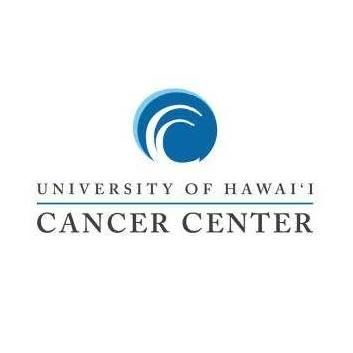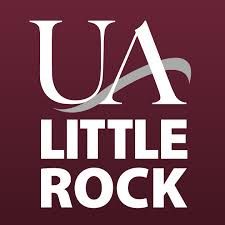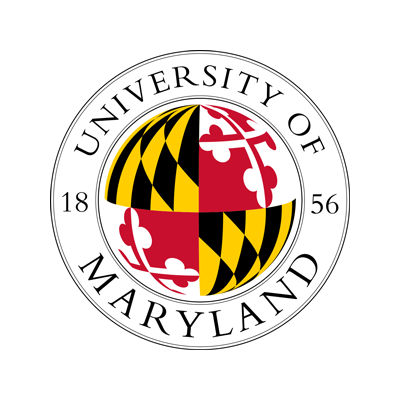Target- |
Mechanism- |
Active Org.- |
Originator Org.- |
Active Indication- |
|
Drug Highest PhaseDiscontinued |
First Approval Ctry. / Loc.- |
First Approval Date- |
|
MechanismSTAT3 gene inhibitors |
Active Org.- |
|
Active Indication- |
|
Drug Highest PhasePending |
First Approval Ctry. / Loc.- |
First Approval Date- |
|
MechanismSTAT3 gene inhibitors |
Active Org.- |
|
Active Indication- |
|
Drug Highest PhasePending |
First Approval Ctry. / Loc.- |
First Approval Date- |
/ Not yet recruitingNot ApplicableIIT The Community Garden Health Block
The goals of this community-based clinical trial are to examine the association between community garden participation and 1) fruit and vegetable intake (primary outcome) and 2) access to healthy food (secondary outcome) among adults aged 18-85 living in low resource and African American communities. Gardens will be randomized to the intervention (n=3 gardens) or control group (delayed intervention, n=3 gardens). Participants will be assigned to one of six community gardens to receive an 8-week intervention. During the intervention, participants will be asked to volunteer in the garden, participate in garden social activities, participate in healthy cooking demonstrations and educational sessions. Participants will receive educational materials as well. To assess the effects of the intervention, participants will receive a baseline, 8-week, and 6-month survey. Outcome measures will be compared between the intervention and control groups.
/ Not yet recruitingNot ApplicableIIT Cross-Cultural Adaptation of a Betel Quid Cessation Program and Evaluation of Its Effectiveness in a Malaysian High-Risk Community
The practice of betel quid chewing is known as the top 3 causes of oral cancers in Malaysia. The devastating part among Malaysians are that more than 50% of these cancer patients present at a later stage of this disease necessitating a massive surgical procedure and a costly oncological treatment to remove the tumour and restore the vital structures in the head and neck regions of the patients. In 2010, World Health Organisation recognised that the users of betel quid are having a 'Dependency Syndrome' similar to that of a cigarette smoking. Since then, much research has been focussed upon the 'addictive nature' and the cessation of this ill-health behaviour.
Malaysia's current plight is its strikingly high prevalence of betel quid users within its high-risk communities. The other challenge is the widely scattered high-risk communities across the diverse geography, locality, ethnicity, culture and native languages across the country that make cessation not an easy task but an uphill battle.
The latest available report in 2011 showed that the females in Sabah and Sarawak's indigenous communities presented with a prevalence of 28.4% being current chewers. This prevalence was way greater than the global prevalence of 10-20% of betel quid chewers reported worldwide. The female predominance among the betel quid users in Malaysia is another matter of concern as studies had claimed that females are less likely to cease chewing habit compared to their male counterparts.
Fortunately, in 2015, a feasibility study was conducted to adapt an intensive smoking cessation intervention to cater for betel quid chewers which received a high cessation rate of 65%. Later in 2018, researchers incorporated a saliva test to assess the effectiveness of a group-based intensive betel quid cessation program which also yielded a high cessation rate of 38% among the participants.
Since there is no existing betel quid cessation intervention in Malaysia, this study aims to adapt a betel quid cessation program for a high-risk community in Malaysia.
This study hypothesised that the intervention group will produce a significantly greater cessation rate compared to the control group at the 3-months follow-up assessment.
/ RecruitingNot ApplicableIIT Gut Microbial Metabolites Of Apple Polyphenols: Interrogating Individual Differences To Establish Functional Biomarker Utility
The goal of this controlled feeding trial is to learn about the metabolism of polyphenols, a common class of compounds found in plant-based foods, by the gut microbiome. It will evaluate how differences in gut bacteria across individuals influence metabolism of polyphenols from foods, which may influence health benefits that people receive from different foods.
100 Clinical Results associated with Friends of the University of Hawaii Cancer Center
0 Patents (Medical) associated with Friends of the University of Hawaii Cancer Center
100 Deals associated with Friends of the University of Hawaii Cancer Center
100 Translational Medicine associated with Friends of the University of Hawaii Cancer Center










